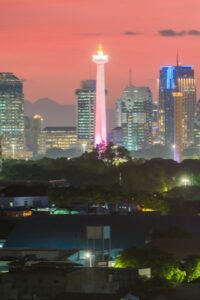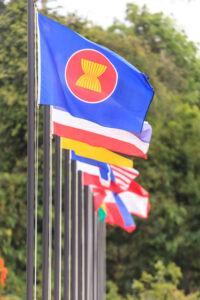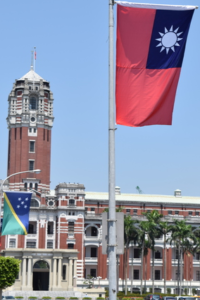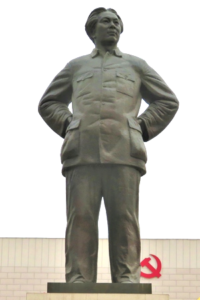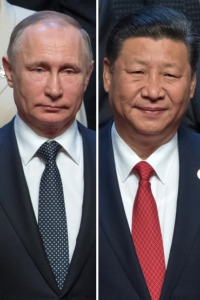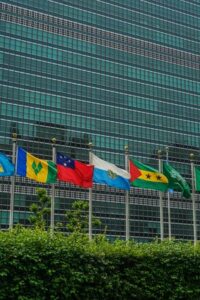
While many emerging and developing countries have criticized Russia’s invasion of Ukraine, they are also unhappy with the sanctions-based diplomacy being led by the United States and Europe. Gathering international opinion, including that of developing countries, and finding a better way forward is the original role of the United Nations. There is no way that such a UN could be dysfunctional. Now is the time for Japan to lead United Nations Security Council reform. Kitaoka Shinichi, Professor Emeritus, University of Tokyo The Russian invasion of Ukraine which began on February 24, 2022 is the worst violation of international law since World War II. Unsurprisingly, on March 2, 2022 the United Nations General Assembly adopted a draft resolution demanding that Russia immediately end its military operations in Ukraine with an overwhelming majority of 141 in favor, five against and 35 abstentions (and 12 ... ... [Read more]
